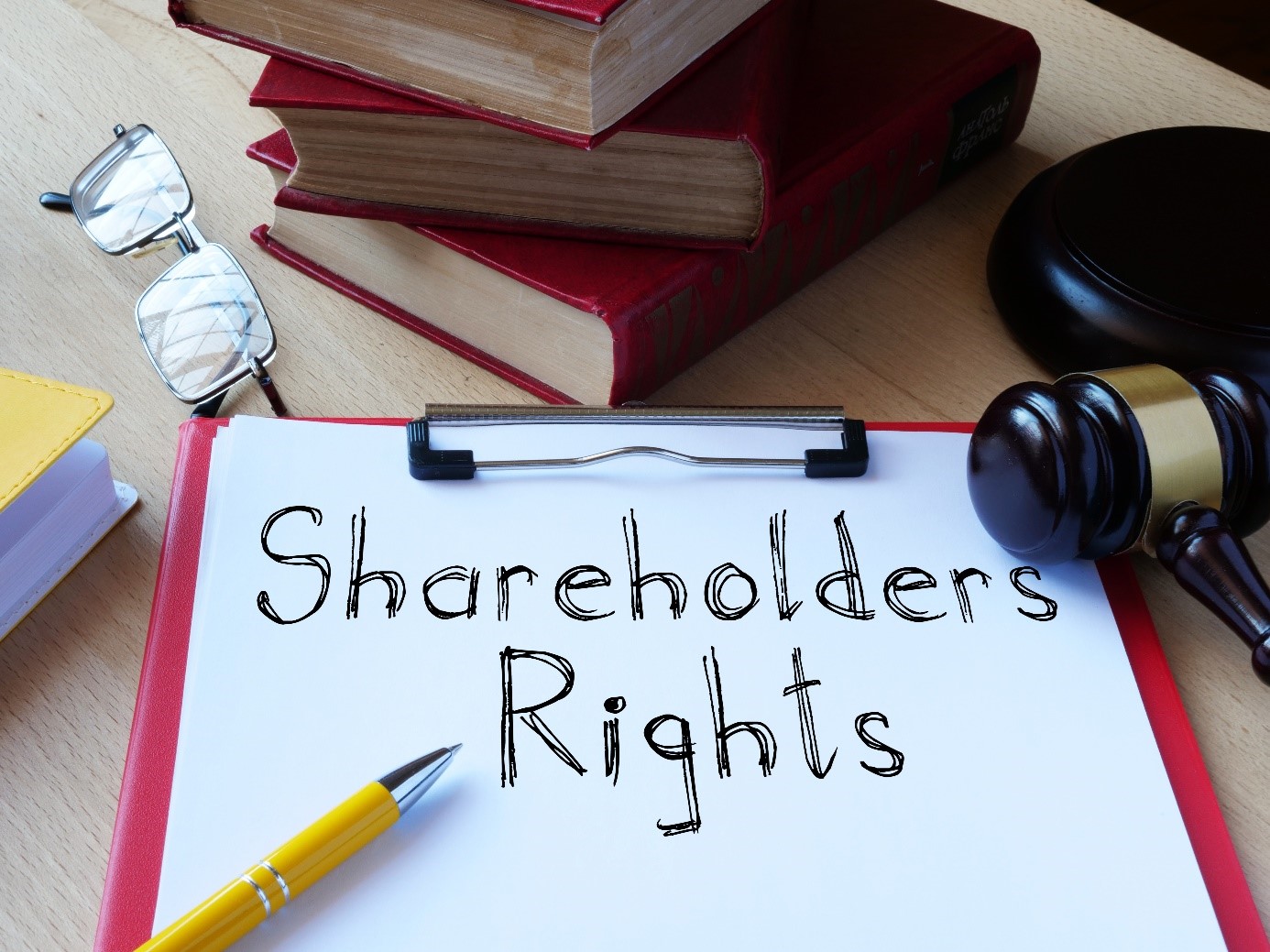
A well drafted shareholders agreement will contain what is known as a “drag along” provision. Here we explain what a drag along clause does and why it can be important.
Shareholders agreements – What is a drag along right?
A drag along right allows a majority of shareholders to force minority shareholders to join the majority in a sale of the whole of the company to an unrelated third party. The expression “drag along” comes from the idea that the minority shareholders are being forced against their will to sell their shares. The type of majority required to invoke a drag along depends on the agreed threshold. Generally, this will range from about a 51% to about 90% majority, subject to the agreement between the shareholders.
Why are drag along rights important?
The main aim for a drag along right is to provide a majority of shareholders with a way to sell the entire company notwithstanding obstruction from a smaller minority. The third party purchaser gets to buy the entire company, which is often more attractive for a third-party purchaser. Most third-party buyers may be put off purchasing a majority interest whilst being stuck with minority shareholders with whom they have no prior relationship. Where 100% of a company is able to be sold, there is also a higher chance for a better offer. Without a shareholder agreement which includes drag along rights, an uncooperative minority shareholder could block third party acquisition, even where the transaction is desirable to the rest of the shareholders.
Shareholder Corporations Act and Oppression
A concern is often raised by minority shareholders that a drag along right is unfair or oppressive. For the reason below this is not usually the case.
As majority shareholders, the practical control of the company is held by such shareholders. Under the Corporations Act 2001 (Cth) (the Act), there are certain provisions inserted for the purpose of protecting the right of minority shareholders from oppressive actions by majority shareholders in a company. Minority shareholders are able to seek remedies under the Act if it can be proven that the company’s affairs were conducted in a manner that was either contrary to the interests of the shareholders as a whole or oppressive, unfairly prejudicial or unfairly discriminatory to the minority shareholder.
The mere fact that a minority shareholder’s wishes are overpowered by the operation of difference in voting power is not enough for oppression. Dissatisfaction of a shareholder or resentment are also not enough for the application of such provisions as the matter is to be considered objectively. If drafted and executed appropriately, a drag along right would not be oppressive.
Lessons in careful drafting
The enforceability of a drag along right will depend on its construction in the shareholders agreement. In the case of William McCausland v Surfing Hardware International Holdings Pty Ltd [2013] NSWSC 902 (Surfing Hardware), there was a dispute between the majority shareholders and the minority shareholder which ultimately resulted in the majority shareholders attempting to oust the minority shareholder by using the drag along clause in the shareholders agreement. They did this by one of the majority shareholders, supported by the other majority shareholders, offering to buy out the whole company and invoking the drag along clause to force the minority out.
The Court held that the drag along clause could not be used in this manner. The main point to note from this case was that the drag along clause required a “third party offeror”. It was decided that such language could not be ignored and that, accordingly, the offer needed to be from a “bona fide buyer”. In this case the purchaser was an existing shareholder and therefore could not be considered a “bona fide buyer” which lead the court to determine that there had been a breach of the shareholders agreement.
Drag along clauses should be drafted so that it is always a third-party buyer making an offer at “arm’s length”.This protects the minority shareholders against mistreatment of the kind attempted in the Surfing Hardware case.
Shareholder agreements, majority shareholder and minority shareholder
In the event that a minority shareholder refuses to provide the relevant forms to transfer their shares to the third party purchaser, depending on what the provisions in the shareholders agreement provide, a director may be able to execute the necessary transfer on behalf of the minority shareholder. However, enforcing drag along provisions under a shareholders agreement can be challenging and requires careful consideration in order to be legally acceptable. There should always be careful reference to the terms of the shareholders agreement as well as the potential application of the Corporations Act 2001 (Cth), and what can eventuate if it is executed incorrectly.
Difference between tag along rights and drag along rights
Tag along rights are also known as ‘co-sale rights’ are the inverse of drag along rights.
Where a majority shareholder is looking to sell its shares, a tag-along right enables the minority shareholders to exit from the joint venture by obliging the selling majority shareholder to procure that the prospective third-party purchaser extends its offer to include the shares of the minority shareholders on broadly the same terms. The minority shareholder then ‘tags along’ with the majority shareholder’s sale.
NB Lawyers – lawyers for employers offer an obligation free consultation to all Employers call +61 (07) 3876 5111
Written By
Daniel Dash
Senior Associate
NB Lawyers – lawyers for employers
[email protected]
+61 (07) 3876 5111
Lawyer
NB Lawyers – lawyers for employers
Daniel Dash and Zahra Rashedi are part of the commercial law team at NB Lawyers – lawyers for employers working with individuals and business owners on a range of matters including business sales, property disputes, estate disputes, shareholder agreements, intellectual property, litigation and taxation matters.
Keywords
#Contract #Shareholder # Shareholder #ShareholderAgreement #DragAlong #MinorityShareholder #CompulsoryShareSale #Oppression #Company #DanielDash
